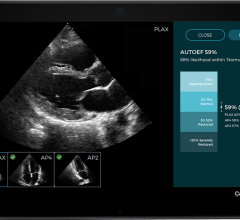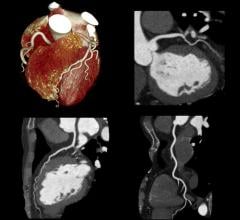An analysis by Fox Chase Cancer Center researchers sought to identify which treatment-related factors are more likely to avoid feeding-tube dependency in patients with head and neck cancers.
"Three-dimensional treatment planning appears to have a significant impact on improving quality of life by reducing feeding tube dependency," said medical intern Linna Li, M.D., who presented the results at the 48th Annual Meeting of the American Society for Therapeutic Radiology and Oncology in Philadelphia.
The retrospective study analyzed treatment records since 1997 for patients receiving definitive radiation therapy-with or without surgery and chemotherapy-for squamous-cell carcinomas of the throat, including oropharynx, hypoharynx and larynx. Definitive radiotherapy is a curative course of radiation treatment designed to eradicate a known cancer.
"In analyzing the factors associated with feeding tube dependency at 18 months, only the higher T stage and 2-D treatment planning were independent predictors," Li said. "Of the 54 patients who had 2-D treatment planning, 20 were feeding-tube dependent at 18 months compared to just five of the 36 who had 3-D treatment planning. Of the three patients who had intensity-modulated radiation therapy instead of conventional radiation, none were feeding-tube dependent.
"Three-dimensional treatment planning can help patients avoid feeding tube dependency," Li concluded. "Possible explanations may be improved tumor targeting with smaller areas receiving high doses or more evenly distributed doses in large radiation fields."
© Copyright Wainscot Media. All Rights Reserved.
Subscribe Now


 March 06, 2024
March 06, 2024 








